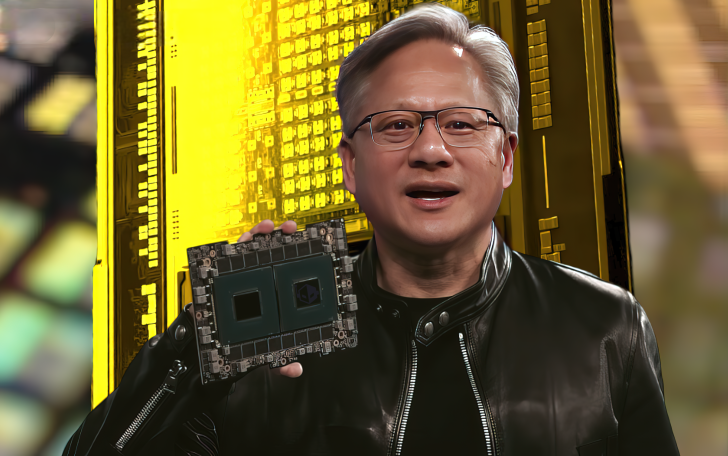NVIDIA has reportedly hired several Taiwanese engineers to enter this field and has begun focusing on manufacturing “custom chips.”
NVIDIA to introduce ASIC manufacturing at new R&D center in Taiwan, said to promote local talent
There is always news that NVIDIA is working on developing customized chips (ASICs). This is primarily because several technology companies are focused on having their own AI computing arsenal customized to their needs. Although Team Green currently develops open architecture AI products such as the Blackwell and Hopper lines, the company is still on the hunt when it comes to creating customized solutions for its clients. ChinaTimes reports that NVIDIA’s proposed Taiwan R&D center will focus on developing ASIC solutions, and Team Green has begun mass hiring of local engineers.
The report further claims that NVIDIA has plans to set up an ASIC production line somewhere in the future, but the company is currently focused on developing a solid employee base. Team Green has strengthened its recruitment process and is determined to hire top talent to prevent Taiwan’s top talent from being “seduced” by other companies. All major IC design companies, especially MediaTek, are looking to attract top-end employees, which is why NVIDIA is actively hiring local talent.

Companies like Google, Amazon, and Apple are racing to develop custom AI chips to reduce their dependence on NVIDIA and provide sophisticated solutions for their workloads. This likely led Team Green to focus on the custom chip segment. Given NVIDIA’s reputation among Taiwanese ASIC manufacturers, the company could gain significant sales traction in this particular segment.
The AI segment isn’t the only one that will benefit from Team Green’s ambitions, as NVIDIA is rumored to be working with MediaTek to develop custom chips for the AI PC segment. Moreover, the company already uses Tegra SoC in the Nintendo Switch, so it has the right expertise in it. Custom AI chips could be the next big thing in the computing industry, ultimately allowing Team Green to stop companies from developing in-house chips.

